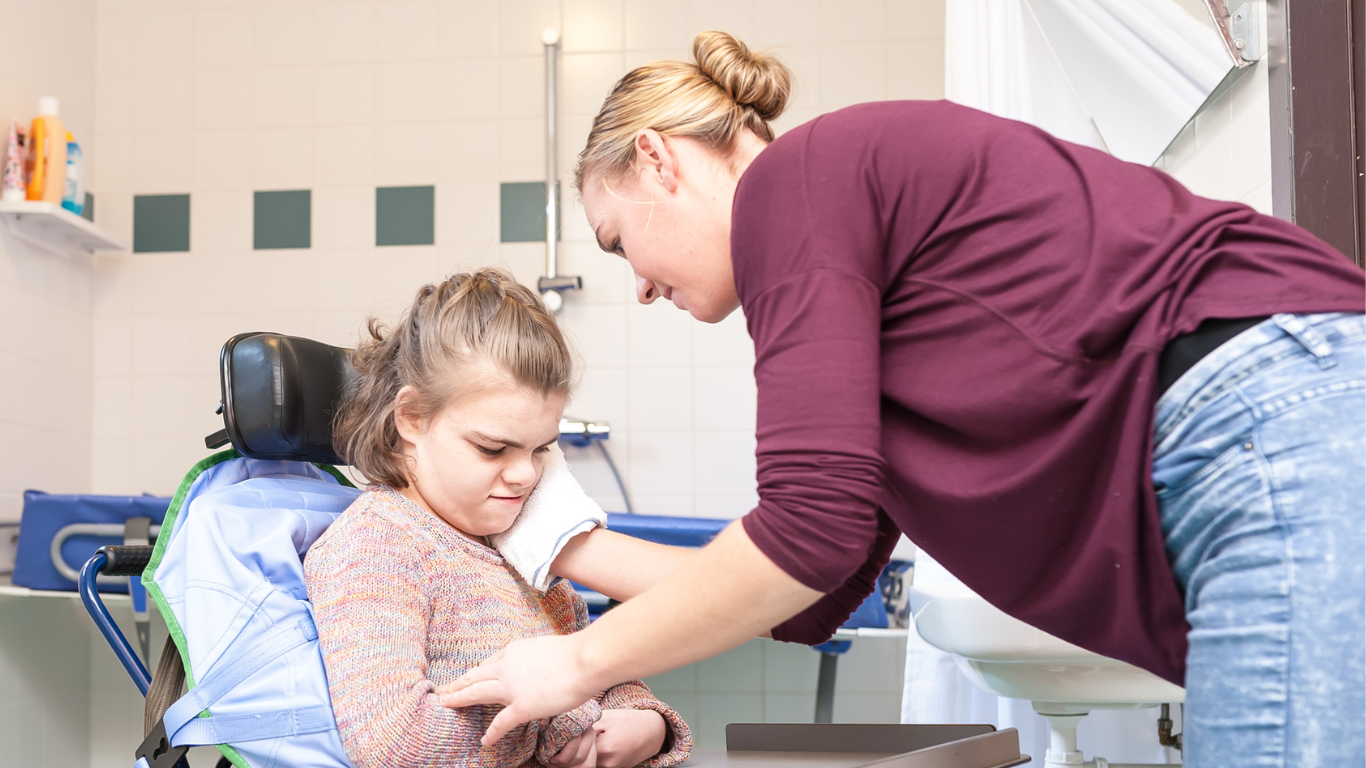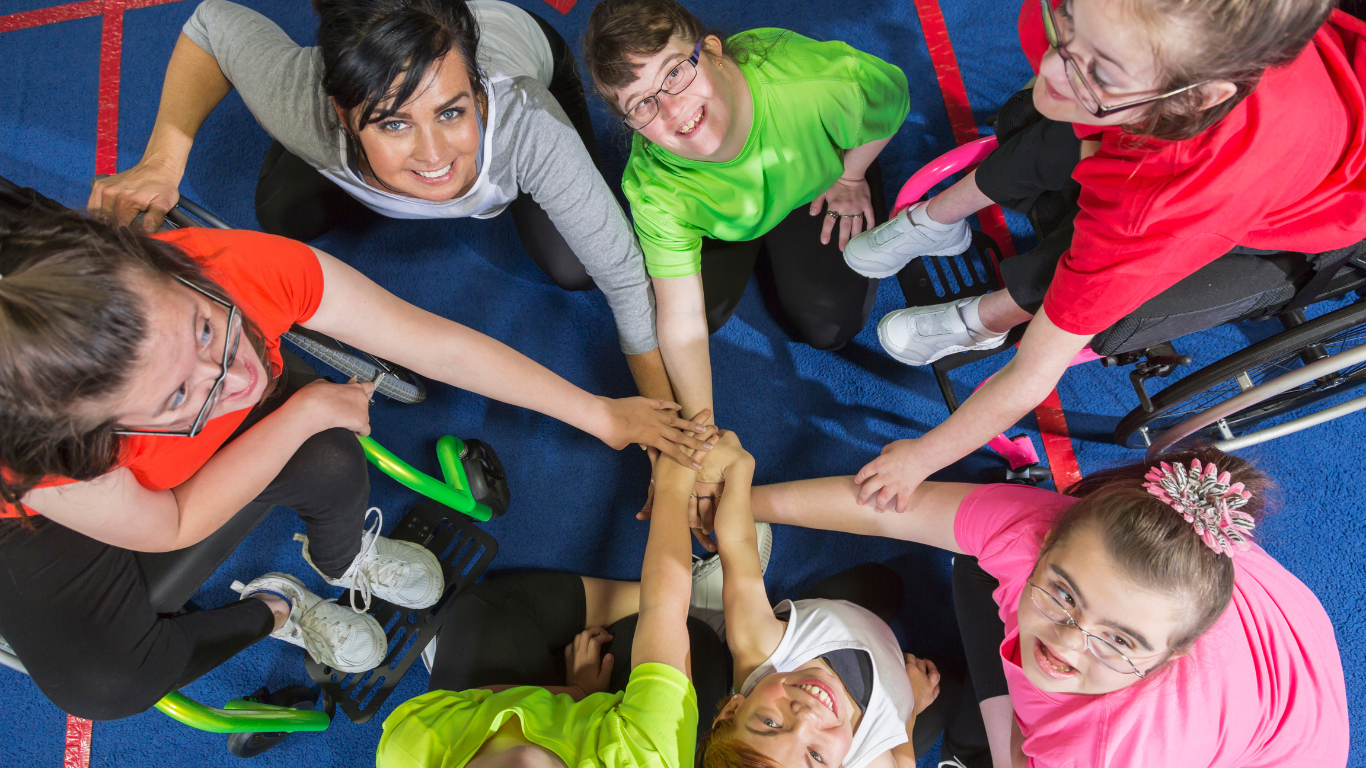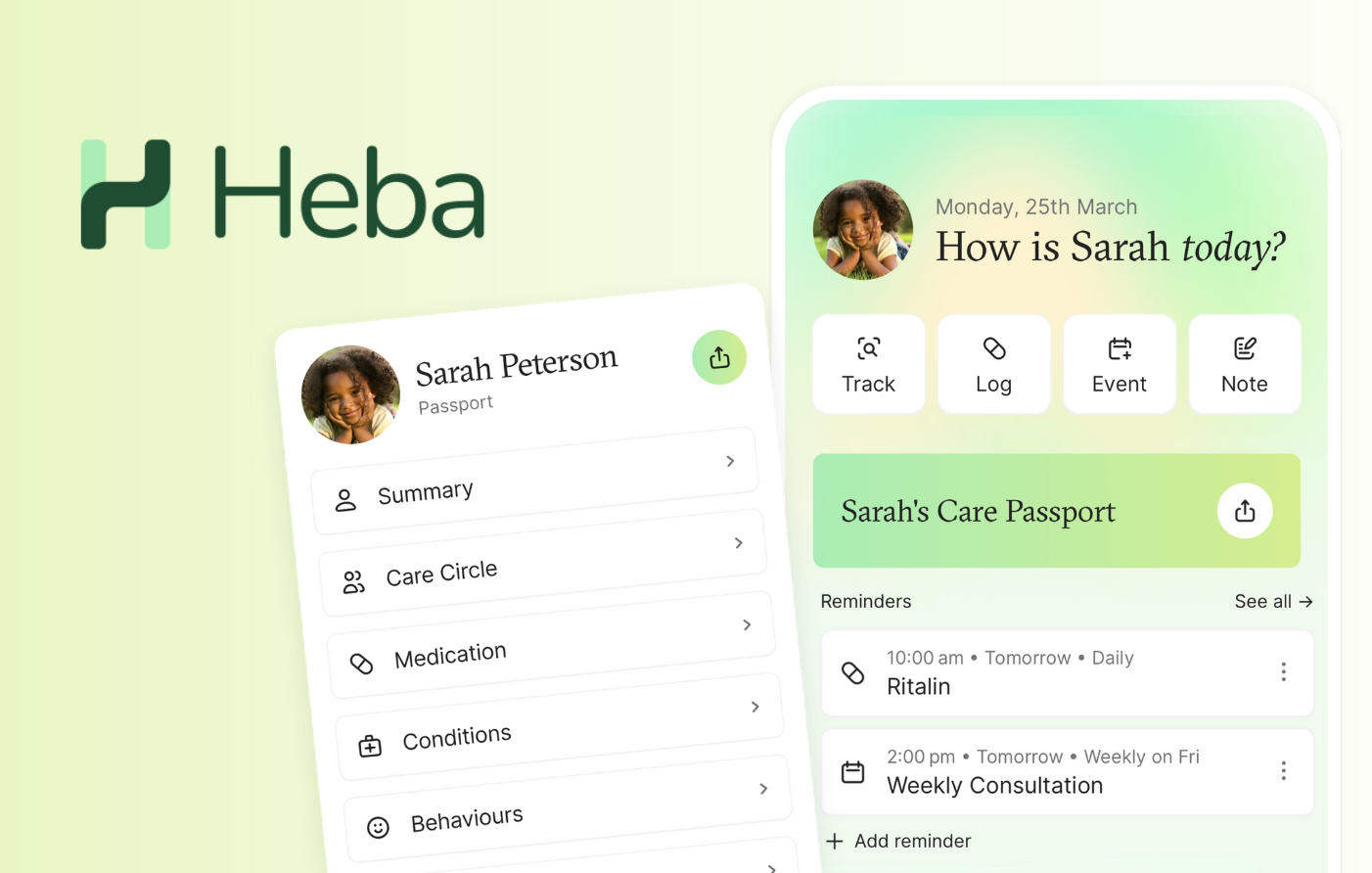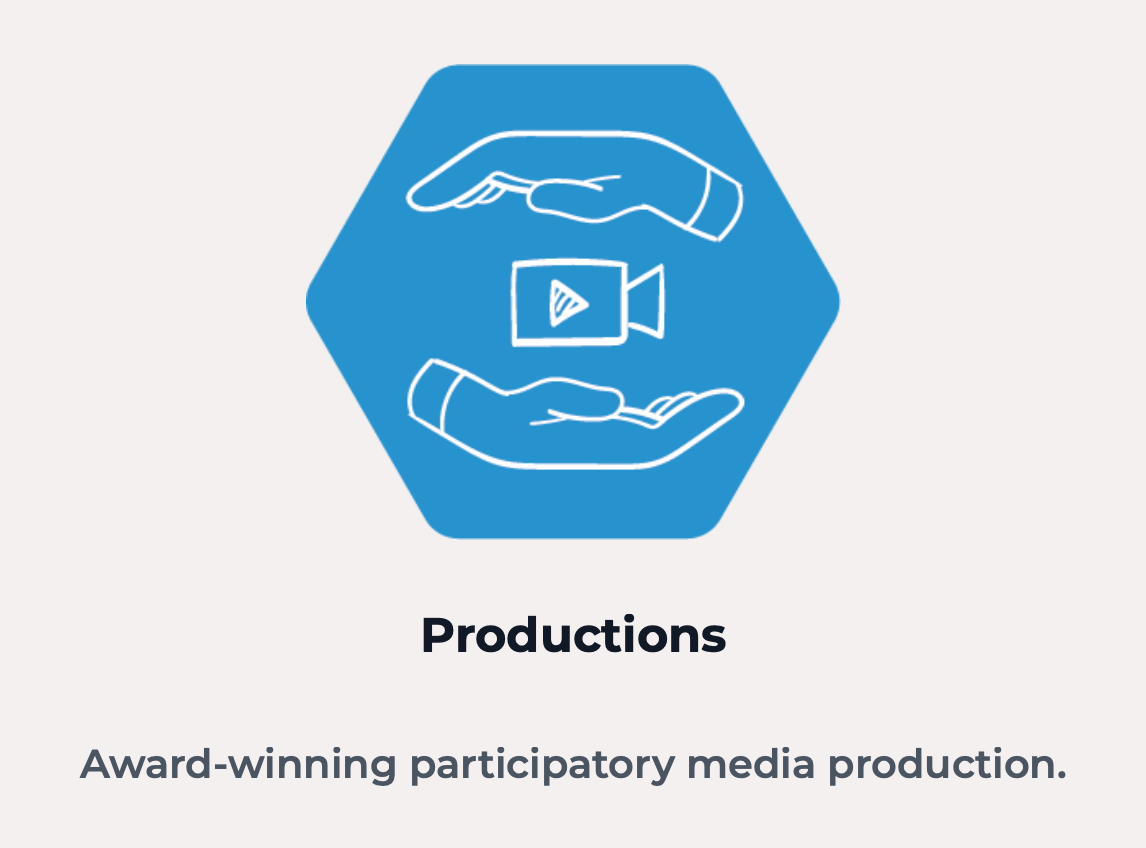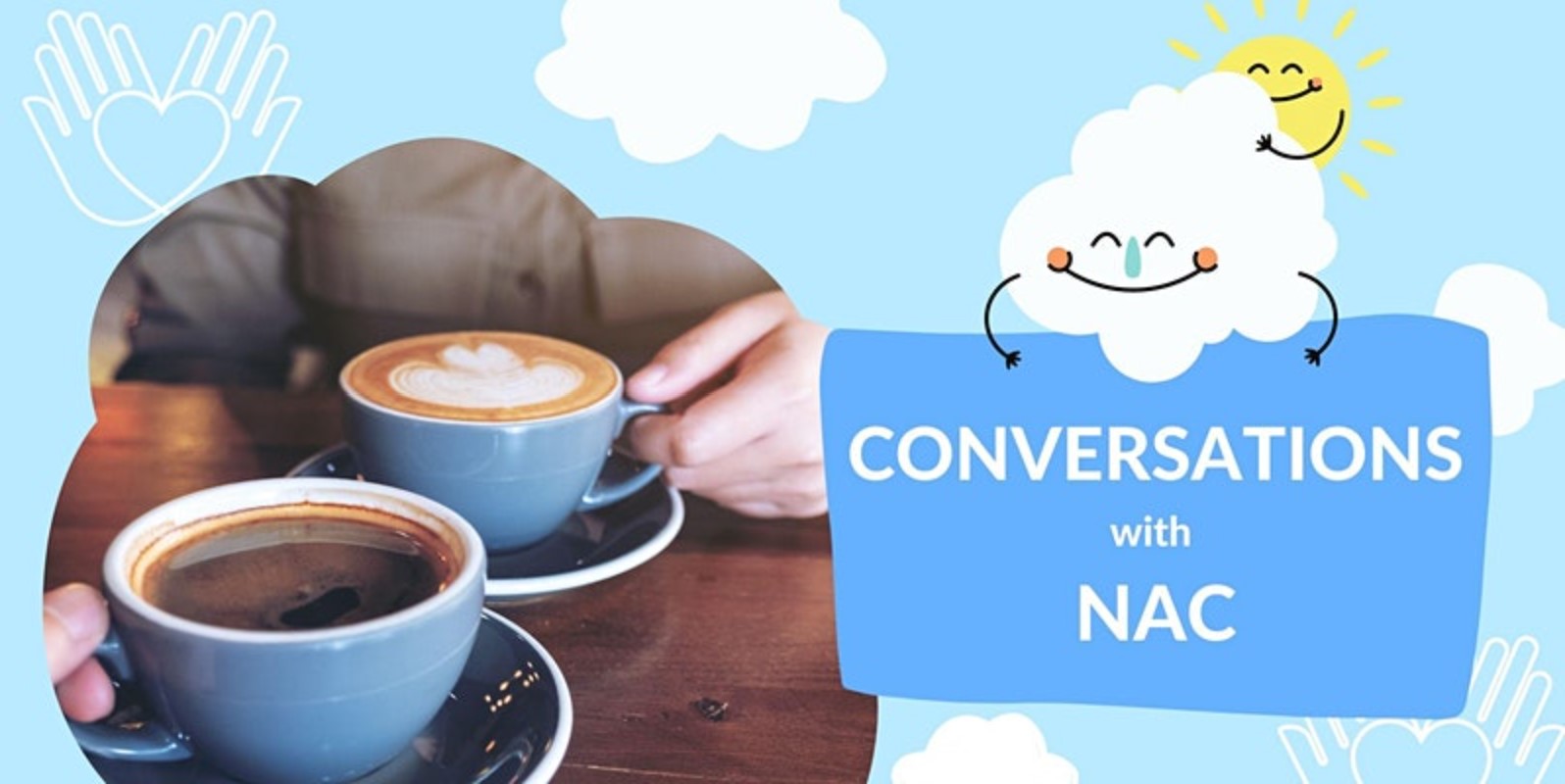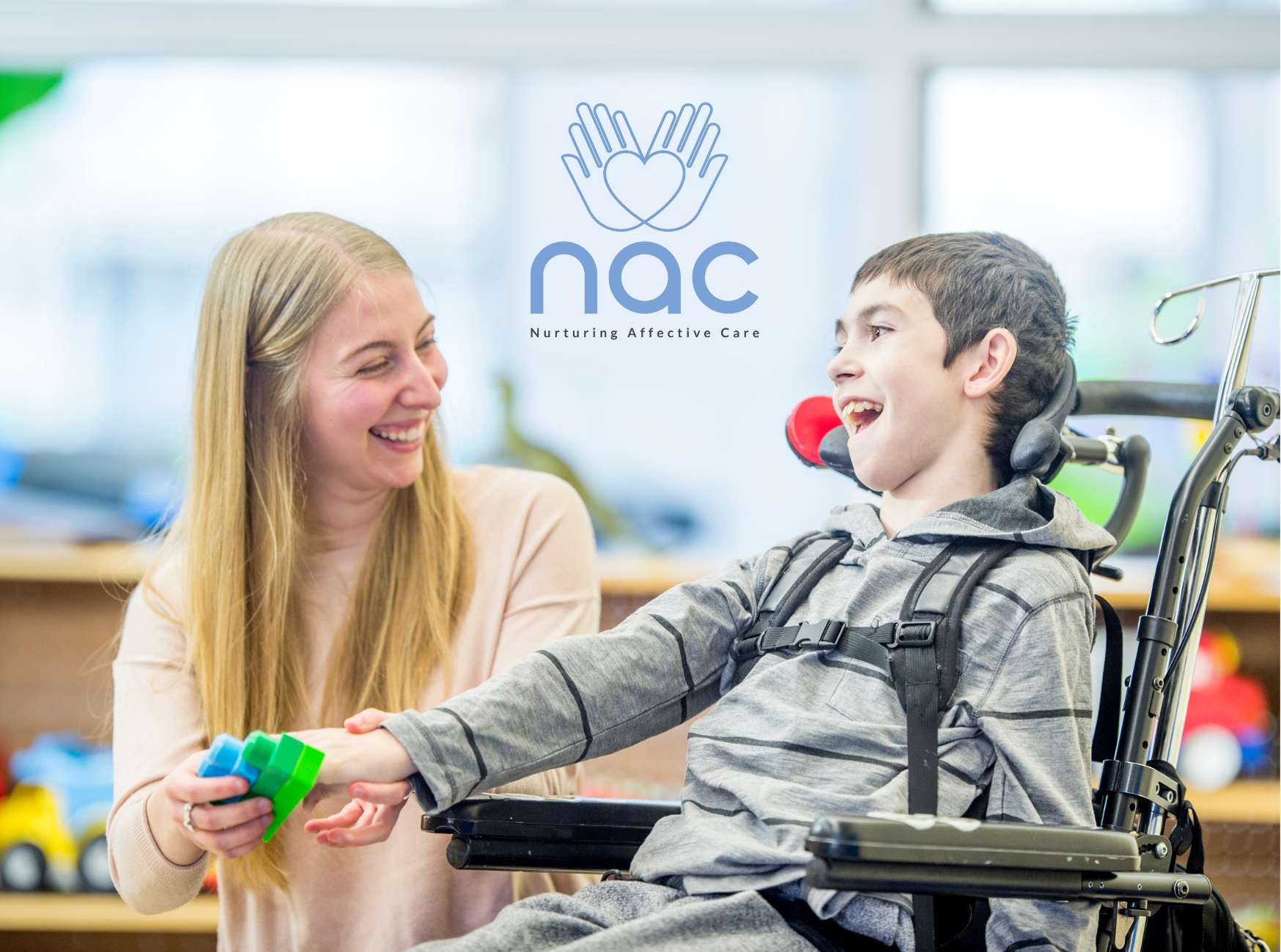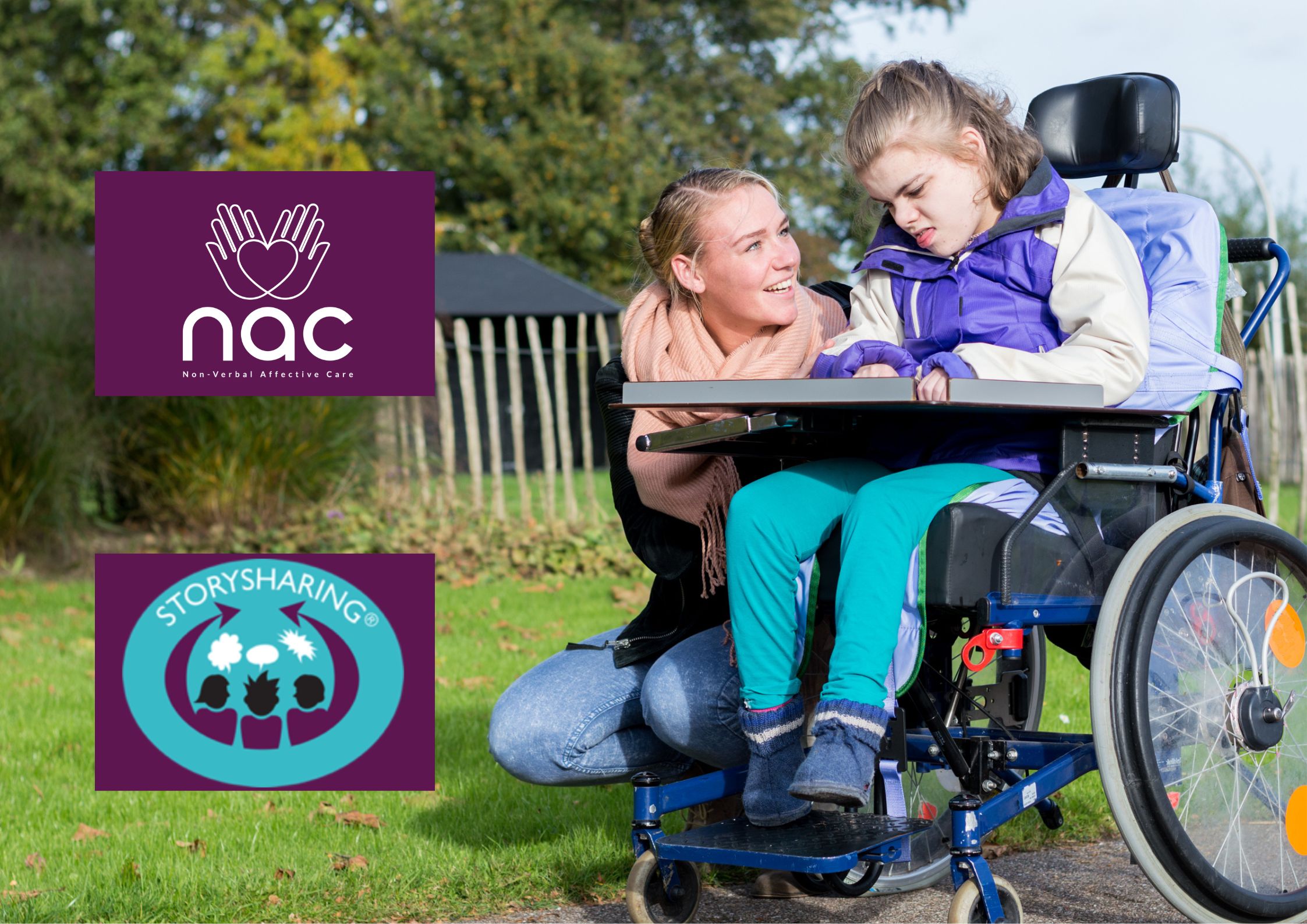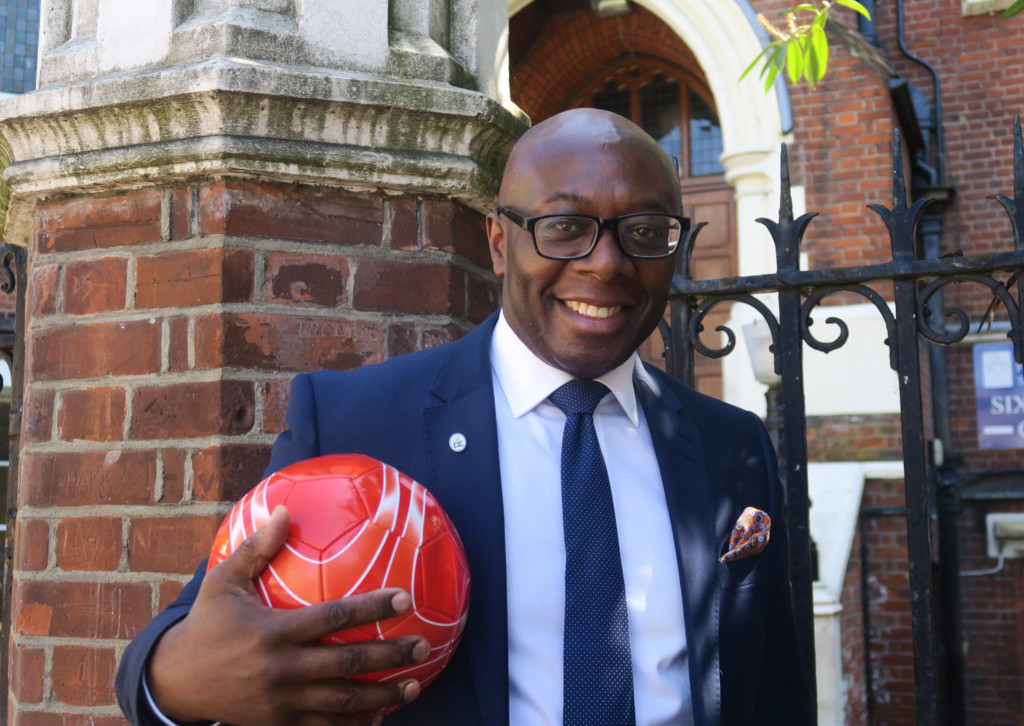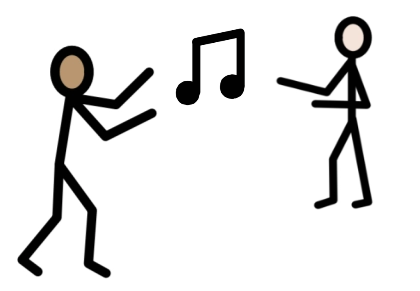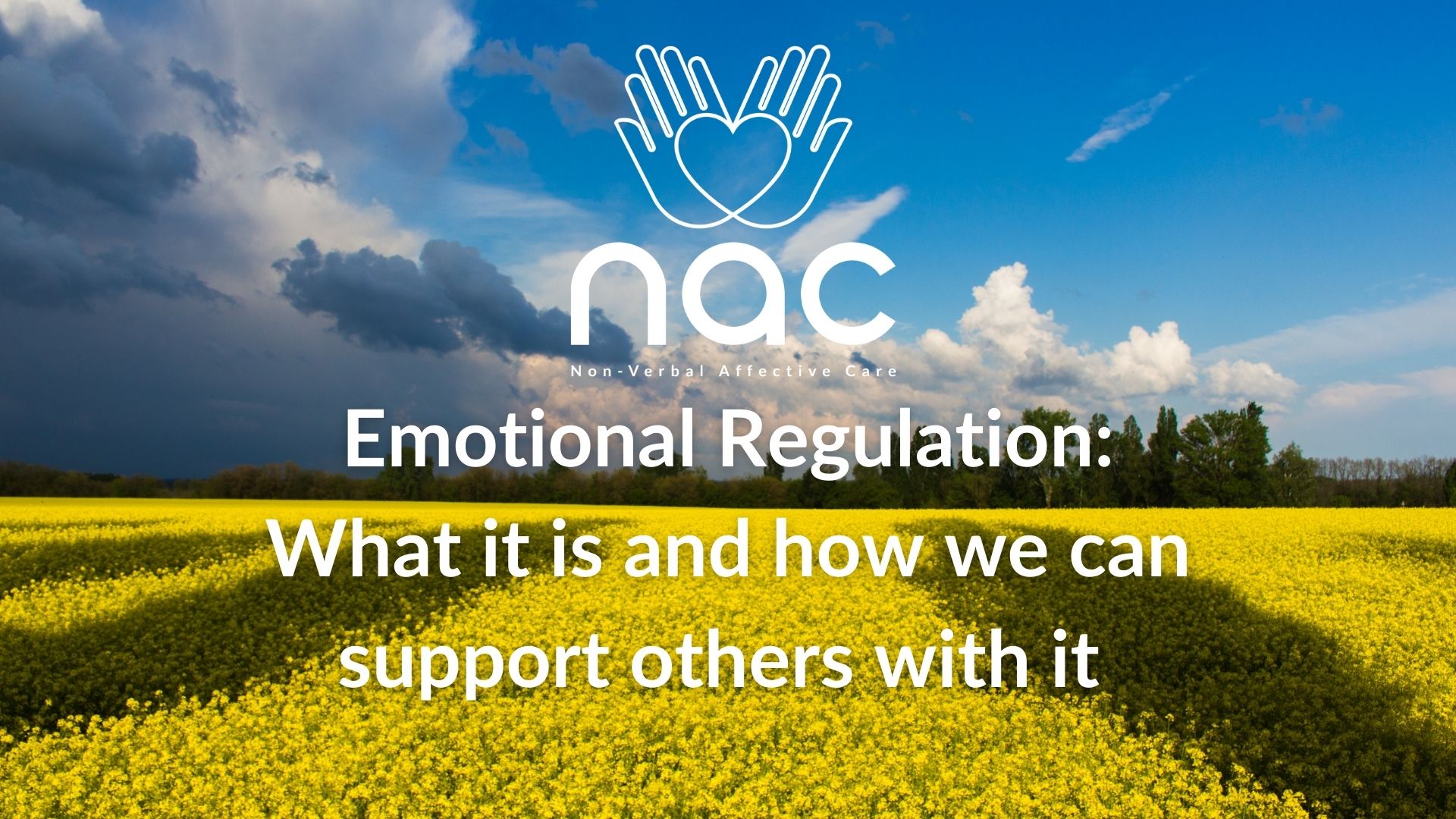Articles, Resources, News and Projects
-
PROJECT: Improving Intimate and Personal Care for People with Severe and Profound Intellectual Disabilities
The purpose of this project is to highlight the often-overlooked issue of intimate and personal care and explore how we can improve it to ensure that individuals with severe and profound intellectual disabilities receive the compassionate, dignified and respectful care they deserve. In 2009, Julie completed her PhD on ‘Intimate and Personal Care in the Lives of People with SevereRead more
-
ARTICLE: Exploring Belonging Through Arts-Based Practice: A Collaborative Project for People with Learning Disabilities by Liberty Sheard
This post summarises a PMLD Link article on how arts-based practices can bridge the gap in communication and foster a more inclusive sense of belonging for people with Profound and Multiple Learning Disabilities (PMLD). The article was published by PMLD Link by Jill Goodwin, Melanie Nind, Laura Dunne, Zoë Howe, Kerry Martin, Chris Mellor, and Asha Ward in 2023. ItRead more
-
ARTICLE: Bouncing Toward Progress – Rebound Therapy Case Studies by Liberty Sheard
What is Rebound Therapy? "Rebound Therapy" was coined in 1969 by Eddy Anderson, who founded the practice of using trampolines for movement, therapeutic exercise, and recreation for individuals across a wide spectrum of special needs. What are the Benefits of Rebound Therapy? Rebound Therapy offers numerous benefits, such as: Facilitating movement Promoting balance Enhancing or regulating muscle tone Supporting relaxationRead more
-
An app to organise and manage care
Keen to better manage your care? There’s an app for that Caregiving comes with admin. Lots of it. We’re talking organising, scheduling, liaising, listing, researching, tracking, ordering, emailing, people-managing, advocating… all of this and more on top of the day-to-day caring for yourself or a loved one who needs support. Caregiver Andrea Torres has a son with several diagnoses, includingRead more
-
PROJECT: On Our Radar
NAC are partnering with On Our Radar to run a community-led storytelling workshop. On Our Radar are an award-winning media organisation. They use a participatory approach to work with people to tell their own stories, in their own way. They are a specialist group of journalists, filmmakers, digital storytellers and community practitioners using a participatory approach to work with people toRead more
-
RESOURCE: How to Use the NAC Website
An introduction to NAC, the NAC website and approaches that may help support the emotional wellbeing of children and adults with PMLD Watch the 23 minute video recording This presentation was recorded for Joanna Grace's online PMLD Conference in 2021. Suitable for: Teachers, teaching assistants, other educational professionals, carers, support workers, therapists, psychologists, wellbeing professionals, nursing professionals, social care professionals,Read more
-
PROJECT: Drop in Emotional Wellbeing Sessions
An online space to talk about matters related to the emotional wellbeing of people with severe and profound intellectual disabilities. Learning disabilities nurses, Julie and Rosie held Zoom sessions in 2021 on the last Friday of the month in from 10-11.30 and invited anyone with an interest in the emotional wellbeing of people with severe and profound intellectual disabilities toRead more
-
ARTICLE: Massage Stories by Rachel Barker
Teaching skill development and positive mental wellbeing for pupils with complex/profound and multiple learning difficulties. Introduction Neuroscience has highlighted the beneficial impact of touch on the brain and documented uses of massage in school have had positive effects on learning and wellbeing (MISA International, 2018). Likewise, the benefits of storytelling for learners with complex or profound and multiple difficulties (subsequentlyRead more
-
RESOURCE: Timetables for Learners with Profound and Multiple Learning Disabilities (PMLD)
Download your free Timetables Guide To view the example timetables at the end of the booklet the right way round, export the document as a pdf and use the tools at the top to rotate the document. We held a workshop on Tuesday 12th October on designing timetables for children with severe and profound intellectual disabilities and PMLD (profound andRead more
-
PROJECT: Do You Know How I Feel?
In January 2023 We held a workshop as a continuation of our work exploring ‘do you know how I feel?’, ‘what is emotional wellbeing?’ and how might emotions be expressed and responded to when people are communicating with us in ways other than words. In this 1.5 hour Zoom workshop, facilitated by NAC and Story Sharing, we shared with whatRead more
-
ARTICLE: What Does NAC Stand For?
NAC stands for Nurturing Affective Care. The acronym NAC originally stood for 'Non-verbal Affective Care'. In 2023, following consultation we changed our name to Nurturing Affective Care. This seemed to better represent what we do and we were concerned that there may be misinterpretation that we were using the term 'non-verbal' to refer to the people we support. The useRead more
-
ARTICLE: Depression and Low Mood in People with Severe and Profound Intellectual Disabilities
This article examines what is known about depression and low mood, how it may affect children and adults with severe and profound intellectual disabilities and how it can be treated. What is low mood? Low mood is an emotional state characterised by sadness, anxiety, low self-esteem, tiredness, and frustration.Sometimes low mood can be brought on by external factors such asRead more
-
NEWS: Welcome to Our Patron Michael Ambrose
We are thrilled to announce that here at NAC we have a brand new Patron of the organisation; former Chelsea and Charlton professional footballer, equal rights activist, multi-million pound fundraiser, and Royal ambassador Michael Ambrose. About Michael From his early life on a milk round in Poplar, to a professional football career, Michael Ambrose has shown perseverance and dedication. SinceRead more
-
RESOURCE: Rhythmic Relating in Autism Therapies by Stuart Daniel
Rhythmic Relating in autism is a new approach to play and social timing – supporting friendship, learning and therapy. Laboratory for Innovation in Autism, Strathclyde University, UK & the Rapport-Based Communication team have just published an accessible guide with bite-sized learning sections and video examples. Pick up your copy for free here: A handbook for Rhythmic Relating in autism (Frontiers in Pediatric Psychology) When playing and communicating,Read more
-
RESOURCES: Sexuality and Masturbation
Resources, information and training to support people with severe and profound intellectual disabilities and complex health needs. Supported Loving is a network run by Choice Support specifically looking at sexuality and intimate relationship support for people with learning / intellectual disabilities. The extensive range of topics their webinars cover include: Delivering Relationship and Sex Education (RSE) for people with complex healthRead more
-
ARTICLE: What is Regulation?
This article explores the meaning of regulation and the role it plays in wellbeing. The term regulation means to set or adjust or control the amount, degree, or rate of something, or put another way to control or maintain the rate or speed of (a machine or process) so that it operates properly. In humans, regulation is the ability toRead more
-
ARTICLE: How Trauma Effects the Nervous System
People with severe and profound intellectual or learning disabilities are at high risk of experiencing trauma. Understanding how trauma effects the body and nervous system can point us in the direction of what we can do to help ease suffering and promote healing. "Trauma is not the story of something that happened back then. It's the current imprint of thatRead more
-
ARTICLE: Reconciling Communication Repertoires by Anne-Marie Martin
Interactions with people with profound intellectual disability are often described as difficult, challenging and problematic but they can also be enjoyable, fulfilling and rewarding. While they may be considered complex and demanding, I often think they are beautiful in their simplicity. A swan metaphor comes to mind when I think of these interactions. Just as a swan gracefully moves onRead more
-
RESOURCES: Sensory Starter Pack by Sarah Hall
Resources to help you get started with sensory activities. Ideas included cover sensory art and craft, sensory exploration, sensory cooking, sensory poems, resource ideas, app ideas, sensory activities and sensory pass the parcel. Sarah’s Sensory Starter Pack is by Sarah Hall and Flo Longhorn. Sarah runs Willows Sensory Service and Flo Longhorn describes herself as a sensory being, a retiredRead more
-
ARTICLE: Bereavement, Loss and Grief by Sarah Helton
How to support children and adults with severe and profound intellectual disabilities with the issues of bereavement, loss and grief. Why should we talk about bereavement, loss and grief with people who have severe or profound intellectual disabilities? Because no one is immune to these issues, they are part of all our lives regardless of our cognitive understanding or level ofRead more
